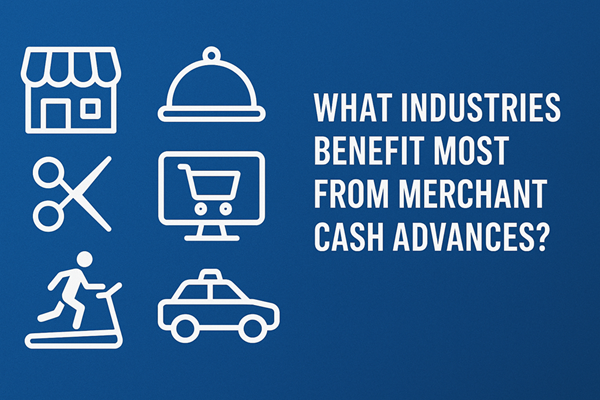Construction Finance: Everything you need to know
If you’re looking to build a new structure or renovate an existing one, construction finance can play a major part when it comes to gaining the money needed to take on such a project.
During the construction phase, the funding from construction finance is distributed gradually to match the progress of the project. The lender you choose will often require regular progress reports and will even visit the site to monitor the construction’s advancement. Once the construction project is finished, the project may undergo refinancing, potentially resulting in a long-term loan or the structure can be sold to investors, allowing you to both make profit and repay the loan.
Securing construction finance in the UK can present its own challenges. Lenders, such as banks and financial institutions, often exercise caution due to the risks that are involved in construction projects. Construction projects can be complex, often requiring significant capital and involving multiple funding stages; this can make lenders hesitant to provide the finance you need. However, knowing this, the UK government has implemented initiatives in order to support construction finance and foster industry growth. The establishment of the “UK Infrastructure Bank” and the provision of loan guarantees are examples of government support. In addition to these initiatives, alternative finance options like crowd-funding and peer-to-peer lending have also gained popularity over the years.

Construction financing presents numerous advantages to developers and stakeholders engaged in construction ventures. This kind of finance grants access to vital capital, enabling developers to kick-start construction immediately, and is enhancing their likelihood of achieving success. The availability of flexible financing options, like phased payments, proves invaluable in managing cash flow effectively and mitigating the risk of financial shortfalls during the construction process. Leveraging the property being developed as collateral also diminishes the necessity for additional security or personal guarantees. Another benefit is that the interest paid on construction finance might be eligible for tax deductions; this could reduce your overall borrowing costs.
Despite the numerous advantages that construction finance offers there are some drawbacks to consider. The interest rates can be higher compared to other financing options due to the increased risk involved. The application process is timely, requiring project plans and cost estimations. Construction projects carry risks, such as delays and cost overruns, which increase the risk of default for lenders and result in high interest rates and / or fees.
Lenders may impose loan covenants or restrictions that limit the developer’s flexibility and add administrative burdens. Successfully navigating construction finance requires the involvement of experienced professionals, such as financial advisors, construction managers and legal counsel, which adds to the overall project cost.






